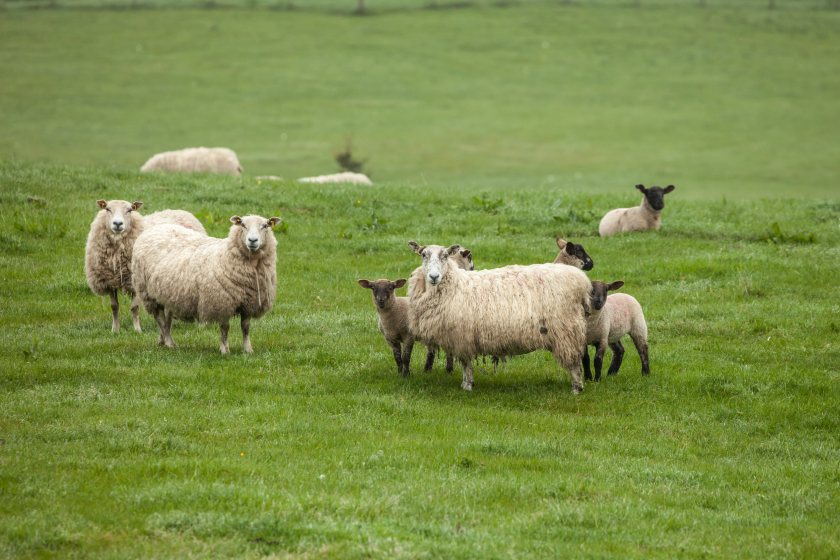
Livestock farmers are warning that muddled, politically driven bluetongue controls are piling costs on the industry while doing little to stop the disease’s spread.
As the breeding sales and autumn movement of livestock draw closer, frustration is mounting across the farming sector.
Members of the industry, including the Association of Independent Meat Suppliers (AIMS), say the government’s approach is “ad hoc”, disrupting trade and imposing unnecessary costs without ensuring effective disease management.
Dr Jason Aldiss, executive director at AIMS, criticised the decision to expand the restricted zone to cover the whole of England earlier this year.
“AIMS wrote to ministers expressing concern that this change was based on political and not epidemiological boundaries and would allow the free movement of animals up to the Scottish and Welsh borders, which would in all likelihood hasten the spread of disease,” he said.
“The subsequent confirmation of cases of bluetongue near Hereford and Lancaster has also raised questions on the delineation of the restricted zone.”
Dr Aldiss stressed that bluetongue, spread by midges, requires a different control approach to more traditional diseases.
“Due to the fact that this disease is spread by midges the disease epidemiology is different to traditional diseases, and it is accepted internationally that disease control zones for vector-borne diseases need to reflect this,” he said.
Internationally, and within the EU, restricted zones for bluetongue are typically structured with a protection zone extending 100km from the outbreak, surrounded by a 50km surveillance zone. This principle is enshrined in EU law and the GB Bluetongue strategy.
Dr Aldiss continued: “The GB strategy goes on to state that 'The boundaries of the restricted zone may be increased in size in response to disease spread in order to maintain the minimum boundaries of the protection zone and surveillance zone'.
“The identification of bluetongue virus on a farm near Hereford, which is within 40 km of the Welsh border, should have resulted in the restricted zone being expanded into Wales, probably as far as Carmarthen, in line with the strategy.
"No evidence or rationale has been provided to justify the decision not to do so, which again seems to be politically rather than evidence driven.”
Industry leaders warn that such inconsistencies are not just administrative but have real economic consequences.
Farmers face restrictions that disrupt trade and movement, while questioning whether the measures are robust enough to contain the disease.
As Dr Aldiss concluded: “Are politically driven decisions on disease control measures imposing significant and unnecessary costs and disruption on the livestock industry whilst failing to apply adequate disease control measures?
"And, if agreed disease control strategies, which have been subject to wide consultation, are just ignored how can we expect industry to plan and contribute to future disease incidents?”
